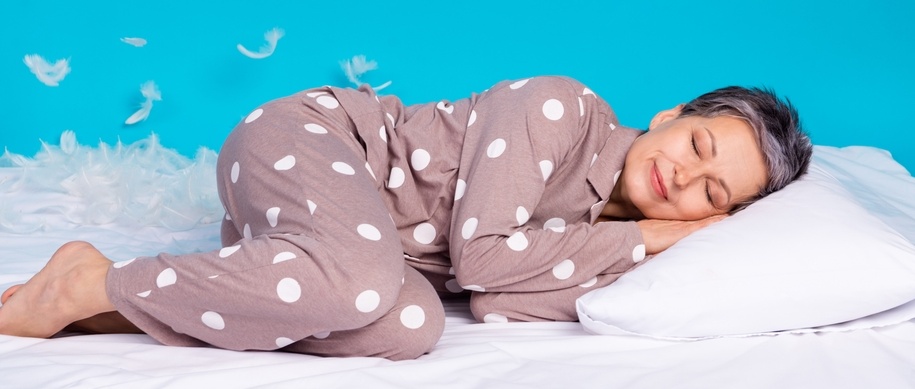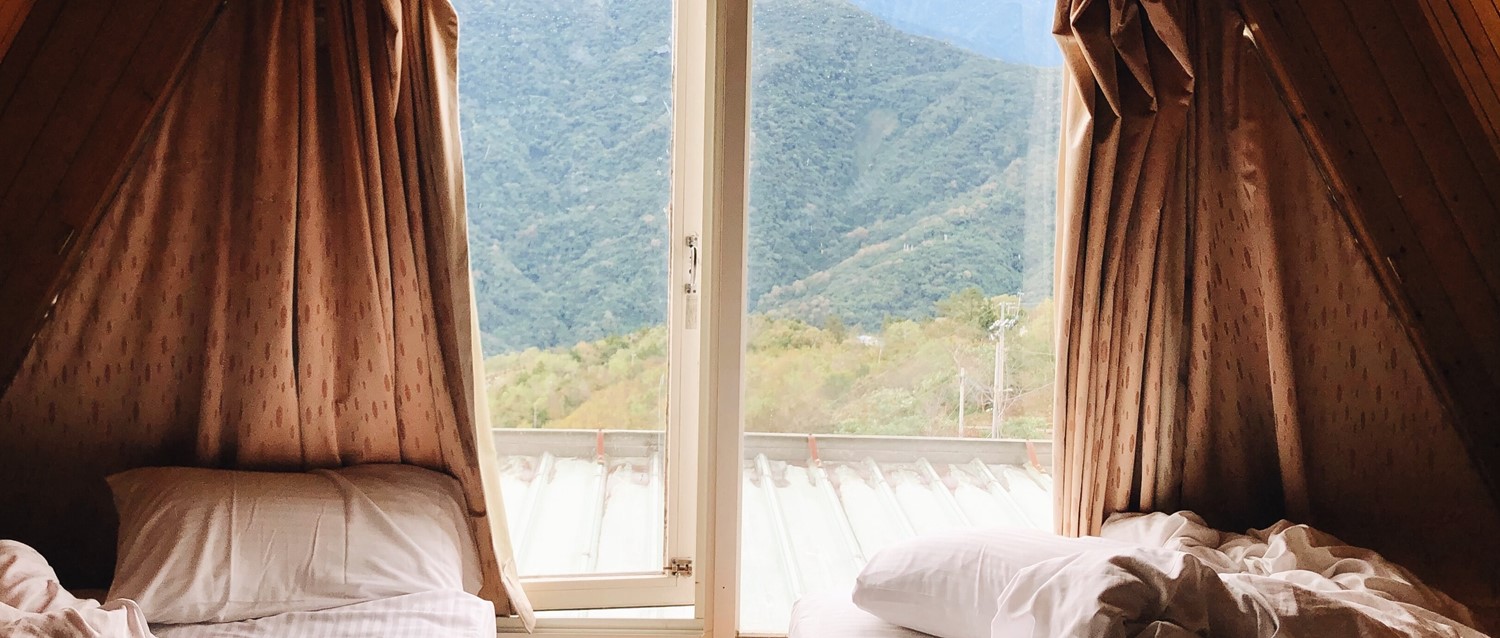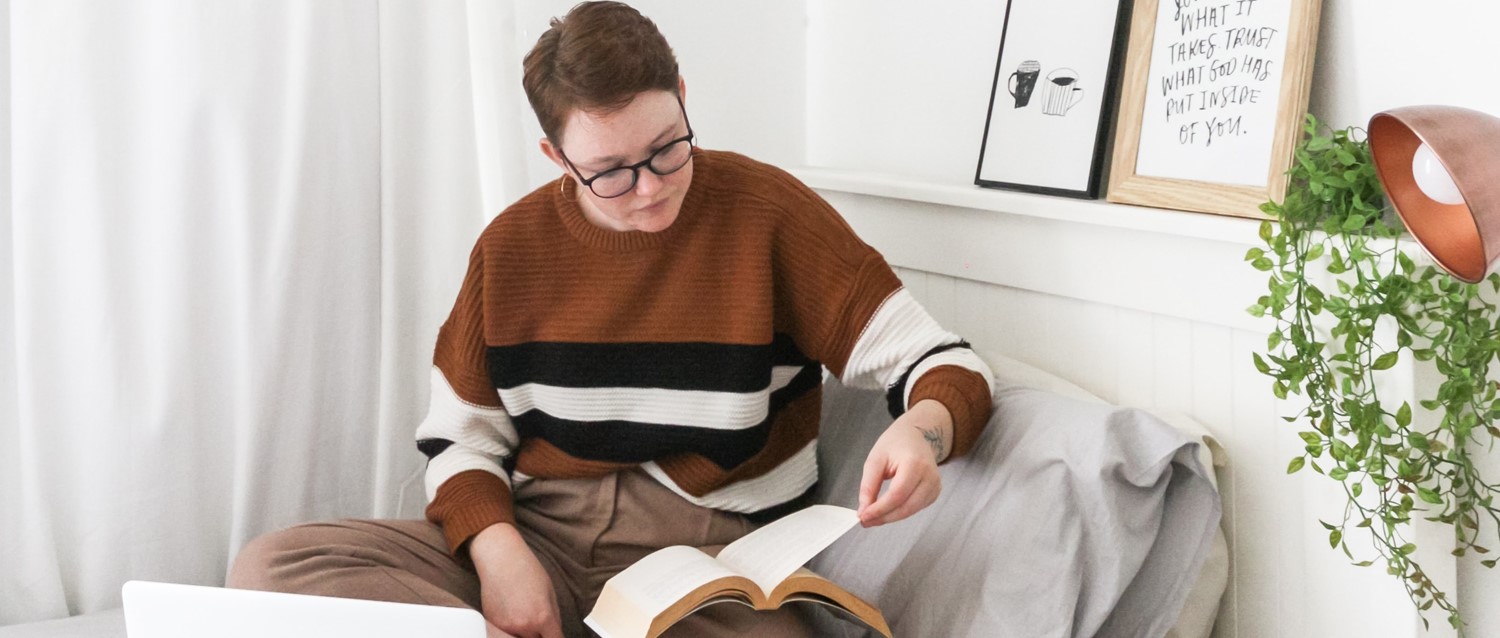
How getting older affects your sleep
Peer reviewed by Dr Colin Tidy, MRCGPLast updated by Lawrence HigginsLast updated 17 Feb 2026
Meets Patient’s editorial guidelines
- DownloadDownload
- Share
- Language
- Discussion
- Audio Version
Some people find it harder to sleep as they get older. We explore the science behind why ageing affects your slumber and how you can improve your chances of getting a good night's rest.
In this article:
Video picks for Sleep and insomnia
They say you're only as old as you feel, but dealing with sleepless nights can make you feel ancient. Having to face the day when you've had no rest is challenging, but getting older really can negatively affect your sleep. You may now find yourself waking up at the crack of dawn, or struggling to sleep through the night. And achieving a lie-in at the weekends could be a rarity.
It's usual to have several changes in your sleep patterns when you get older, explains Dr Marina Ezcurra, lecturer in the biology of ageing at University of Kent.
"The total time we spend sleeping often decreases, as does the quality of sleep," she says. "As we age, many of us find it takes longer to fall asleep, our sleep becomes more fragile, and we wake up more often."
At the same time, feeling more tired in the daytime and needing to nap are common in older people. Of course, not everyone is affected in the same way as they age. Some older people have no problem sleeping at all, while others really struggle with insomnia.
Continue reading below
Why does sleep get worse with age?
There are a number of reasons that sleep may get harder as you get older, says sleep behaviour practitioner James Wilson, the 'Sleep Geek'. "We become more sensitive to stress, to caffeine, and alcohol. We get more aches and pains. And for women, menopause can cause significant issues around sleep."
Studying animals has helped us learn more about sleep and ageing in humans, says Ezcurra. Scientists now know that sleep and wakefulness are regulated by the brain. The brain releases chemicals which fire when we are awake but are almost silent during sleep. While chemicals that promote sleep are released at times of rest.
"Researchers have discovered a 'sleep-wake flip-flop' mechanism regulating sleep and wakefulness, where the wake-promoting and sleep-promoting neurons [brain cells] inhibit each other, creating rapid transition between sleep and wake states," explains Ezcurra.
Ageing appears to affect this sleep-wake system, by reducing the number of chemicals that promote sleep, making it harder to get enough rest as you get older.
Physiologist, Samantha Briscoe, puts it another way. Older people tend to feel sleepier earlier in the evening and wake earlier in the morning compared to younger adults. This may be due to lower amounts of a sleep-promoting hormone called melatonin being produced in the brain.
"Throughout the night our sleep transitions through various stages - light sleep, deep sleep, and REM sleep," says Briscoe. "Older people spend more time in lighter stages of sleep and less time in deep sleep - the refreshing part of our sleep. Older people produce less melatonin, meaning they may wake more throughout the night, resulting in more fragmented sleep."
Sleep and dementia
Back to contentsDisrupted sleep is also common in people with age-related brain conditions such as Alzheimer's. But Ezcurra says it's not yet clear if the disease causes sleep problems or if sleep problems increase the risk of conditions such as dementia.
"Researchers are studying if sleep dysfunction makes the brain more vulnerable to neurodegenerative disease processes," she says.
Continue reading below
Improve your sleep habits
Back to contentsIf you've found your sleep has got worse as you've got older, there are lots of things you can try to improve the chances of getting enough rest.
Try to relax
The tried and tested advice still applies. Wilson suggests ensuring the hour before bed is focused on relaxation. Stay away from your phone or computer and do something soothing like taking a bath or reading.
Get more exercise
We all know exercise reduces the risk of heart disease and conditions such as type 2 diabetes, but it can also lower stress levels and help you sleep better. Even a short, brisk walk outside can help set your body up for rest.
"Older people tend to be less active - being too sedentary can make you feel sleepy during the daytime and may increase your chance of napping. A little light exercise each day will help promote a restful night's sleep," says Briscoe. Do, however, avoid exercising too close to bedtime, as it can make you feel more alert.
Check your medicines or ask your doctor
Some medicines can be responsible for poor sleep. Check to see if insomnia is a side effect of your medicine, or ask your pharmacist or doctor.
If you're also struggling with menopause symptoms such as hot flushes, anxiety, and aches and pains - as well as insomnia - ask your doctor if HRT could be suitable for you.
Watch your caffeine intake
Cutting out caffeine can make a big difference for some people. Try not to drink tea or coffee in the afternoon and see if that makes it easier to fall - and stay - asleep.
At the same time, cutting down on alcohol - and ensuring you're drinking within the healthier limits - is always a good idea for your health, but doing so can also improve your sleep.
Switch up your sleep environment
Small changes can make a big difference. It's harder to sleep if you're too hot for instance, so even changing the thickness of your bedding could see you sleeping easier. Clearing the clutter from your bedroom and ensuring the room is primarily set up for rest and relaxation can also improve the situation.
"Changing the sleep environment, so maybe sleeping under a separate duvet to your partner, can make a real difference," says Wilson. "Our ability to fall asleep and stay asleep changes as we get older, but for most people some small adjustments can really help."
Patient picks for Sleep and insomnia

Healthy living
Tips for better sleep in summer
Bright nights, hot bedrooms and high pollen counts can all mess with your shuteye in the summer. Here are some tips for sleeping better at this time of year.
by Abi Millar

Healthy living
Should you keep a dream journal?
Journaling can be seen as a light-hearted activity, and writing in notebooks throughout the day might not be something we give much thought to. However, recording your dreams can offer benefits for your mental health and the quality of your sleep.
by Emily Jane Bashforth
Continue reading below
Article history
The information on this page is peer reviewed by qualified clinicians.
Next review due: 18 Feb 2029
17 Feb 2026 | Latest version
2 Jul 2020 | Originally published
Authored by:
Natalie Healey

Ask, share, connect.
Browse discussions, ask questions, and share experiences across hundreds of health topics.

Feeling unwell?
Assess your symptoms online for free
Sign up to the Patient newsletter
Your weekly dose of clear, trustworthy health advice - written to help you feel informed, confident and in control.
By subscribing you accept our Privacy Policy. You can unsubscribe at any time. We never sell your data.